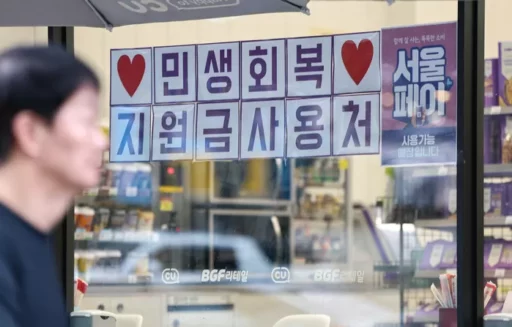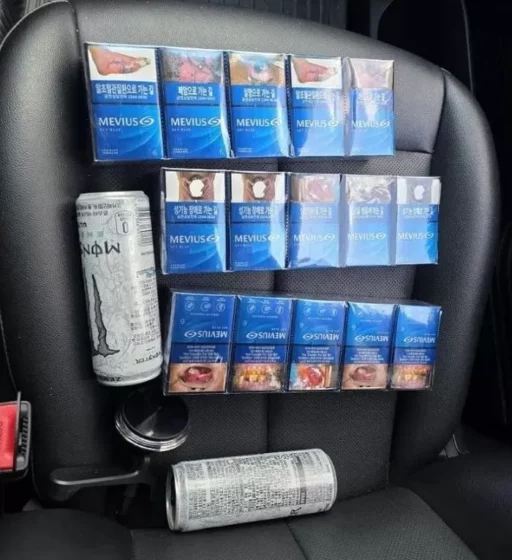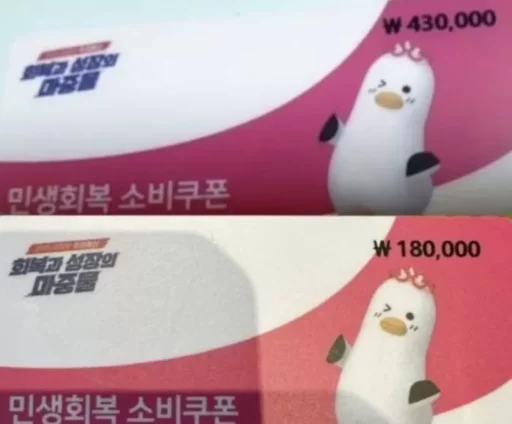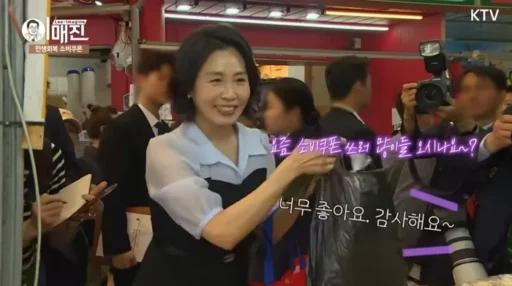The consumption coupons transformed into a means for cigarette hoarding… The original intent is significantly shaken.
The 'Consumption Recovery Coupons' issued by the government to stimulate the economy are being transformed into a tool for hoarding cigarettes, undermining the policy's original intent. There are criticisms that the consumption coupons, which were initially expected to boost domestic demand, are now predominantly focused on cigarette purchases, leading to minimal actual effects on consumer spending.
In online communities of convenience store owners, testimonials like "I bought four cartons of cigarettes at once with the coupon" and "Only cigarette sales have increased compared to food or daily necessities" are flooding in.

Cigarettes account for about 40% of convenience store sales, but with a low profit margin of around 5%, the actual benefit for store owners is minimal. An industry insider stated, "Even if you sell a pack of cigarettes for 4,500 won, the owner only takes home about 200 won," adding, "If coupons concentrate on cigarette sales, it won't help the overall vitality of the distribution industry."
Mr. A, who runs a supermarket in Yeongdeungpo-gu, Seoul, reported, "From the first day of coupon distribution, elderly customers are clearing away two or three cartons of cigarettes," and expressed concerns over whether to increase orders for alcohol and cigarettes, saying, "It's the same atmosphere as during the COVID-19 disaster support fund."
Government requests for 'sales restraint' come late.
As the controversy escalated, the government hastily requested restraint on cigarette sales, but it has been pointed out that this request is ineffective as a significant number of coupons have already been used for cigarette purchases.
The Ministry of the Interior and Safety recently held a meeting with executives from the Korean Convenience Store Industry Association and major convenience store companies, asking them to refrain from selling specific items that contradict the purpose of the Consumption Recovery Coupons.

However, experts criticize this situation as stemming from shortcomings in the policy design phase. One citizen remarked, "If there had been a simple simulation on the usage of coupons, restrictions would have been placed on essential items like cigarettes and alcohol," and criticized that a reactive response is unlikely to earn trust in the policy.
A mirror image of the COVID support fund era.
This phenomenon mirrors the surge in cigarette sales during the distribution of the COVID-19 emergency disaster relief fund.
According to the Ministry of Economy and Finance, the sales volume of cigarettes from May to August 2020, when the first disaster relief fund was distributed, reached 1.25 billion packs, an increase of 4% compared to the same period last year. At that time, criticisms arose stating, "People buy cigarettes first with the disaster relief fund," and a similar situation is repeating with the current consumption coupon policy.
Cigarettes are easy to store and manage, making them easy to convert into cash through a practice known as "cigarette flipping." There are speculations that some buyers might be hoarding cigarettes with coupons and reselling them to secure cash.

"Zero effect on consumer stimulation… Fundamental measures needed."
Some citizens expressed their dissatisfaction, saying, "Is this a smoking allowance?" and "If this is the case, it's better to just give cash."
Economic experts also analyze that when coupons are concentrated on items with fixed demand like cigarettes, the effect of stimulating domestic spending is virtually zero. The original purpose of the consumption coupons is to induce new spending to activate the domestic market, but if they are used on established demand items like cigarettes, the policy effect could be nullified.
Experts are calling for restrictions on coupon usage to focus on sectors that can realistically lead to significant consumption ripple effects, such as dining out, traditional markets, and small businesses, during the next issuance of coupons.
One expert emphasized, "The government needs to move beyond simply 'injecting money' and analyze consumption behaviors to create tailored support measures to maximize policy effectiveness."
Image source: Data photos for understanding the article / News1, online community.


